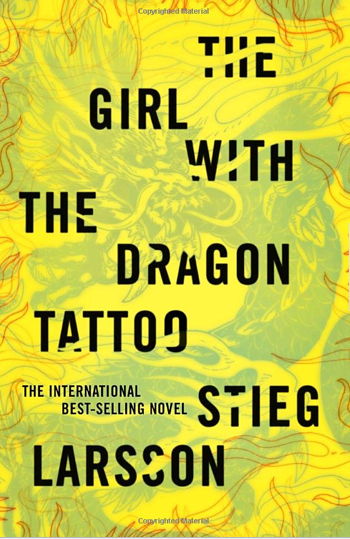 I, being the commitment-phobe that I am, decided to find the shortest book I had out on loan in order to cleanse my mental palate from the last two literary duds. It worked. Dead Girls Don't Write Letters by Gail Giles was a short, skin tingling thriller. I read the book in one sitting (which is highly unusual for me) because it was a perfect 105 pages long.
I, being the commitment-phobe that I am, decided to find the shortest book I had out on loan in order to cleanse my mental palate from the last two literary duds. It worked. Dead Girls Don't Write Letters by Gail Giles was a short, skin tingling thriller. I read the book in one sitting (which is highly unusual for me) because it was a perfect 105 pages long.The premise is this: Sunny, which is short for Sunflower, is a teen who is trying to deal with an alcoholic father and a shock-induced mother. Sunny's older sister, Jasmine, has been killed in a fire in New York. While Sunny's life wasn't exactly peachy with Jasmine around, Sunny manages to go through the motions with her school work and taking on family responsibilities. Then, Sunny manages to find a letter in the mail from her sister that is dated post-firey-death. Sunny's hesitant to open the letter, much less share it with her parents, because she's afraid it will just open the fresh wounds wider. She does open the letter and then finds out that Jasmine is apparently alive and going to be visiting in the very near future (within two days of receiving the letter). Sunny is guarded because she knows that Jasmine wasn't the angel everyone else thought she was.
Sunny's parents are thrilled at the news and Sunny's mother suddenly snaps out of her funk and begins to cook and clean as if it were Thanksgiving. The only problems is that when Jasmine arrives at the house, Sunny realizes it's not Jasmine. It's an imposter. Sunny plays it cool until she has a moment to speak with her father privately- who is also acting peculiarly because he can tell that this girl is not the same "Jazz" the family knows. Sunny's mother is in perfect denial even though the little signs have indicated that this "new" and nicer Jazz is not legit.
Sunny and her father team up to deal with the imposter, but it's obvious that Sunny is less than forgiving of her father's drinking and there's serious tension along the way. Sunny and her family deal with the imposter... but then we find out there's reason to believe that maybe there wasn't really an imposter... or maybe there was an imposter and she's a threat again. Either way, the open-ended ending is satisfying in that there's the possibility for a follow up book. Kudos Gail Giles. You kept me reading in a time a reading-need and you didn't bog me down with unnecessary details. I won't forget your name when I skulk through the library annoyed at an inept author and I need a decent writer to pull me out of the funk of being recommended lacking storylines.



